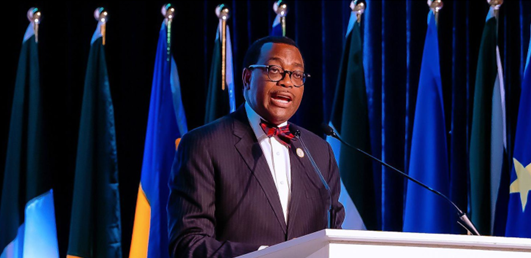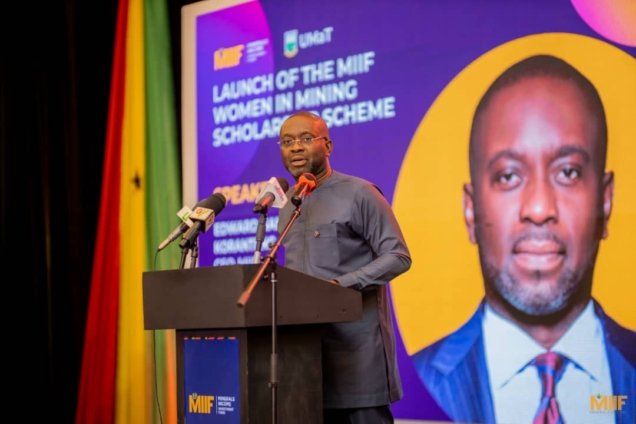
Nigeria: BOI and IFC to enhance finance, export credit access
The Bank of Industry (BoI) and the International Finance Corporation (IFC) have collaborated to enhance access to finance and export credit, supporting Nigeria’s industrialization efforts.
Managing Director of BOI, Dr Olasupo Olusi, said this at the BOI-IFC Conference on Empowering Futures in Lagos, noting that the conference presented an opportunity to develop innovative ideas and initiatives towards improving access to finance, export credit, partial credit guarantees and other risk-sharing financing structures.
He emphasized that given the country’s current macroeconomic conditions, there’s a significant responsibility on development banks like BOI and multilateral financial institutions like IFC to broaden their risk appetite through innovative financing strategies.
He highlighted the significance of the visit of IFC’s Regional Vice President for Africa, Sergio Pimenta, and his team to Nigeria, which underscores IFC’s robust commitment to supporting the development of Africa’s largest economy. This event also signifies the strong bond between the IFC and development finance institutions (DFIs).
“This conference is very important and timely which convenes leaders from the financial sector and other critical sectors of the economy to discuss how to advance Nigeria’s industrial sector. Few people may remember that the Nigerian Industrial Development Bank (NIDB) – which later became BoI – was set up in 1964 by the federal government in partnership with the IFC.
He mentioned that the event aimed to formulate a coherent and actionable plan to promote Nigeria’s industrial growth and development in alignment with President Bola Ahmed Tinubu’s ‘Renewed Hope Agenda’.
Delivering his keynote, Pimenta said IFC’s investment portfolio in Nigeria is the second largest in Africa, and stands at $2 billion, concentrated across trade finance, manufacturing, financial markets, and infrastructure.
He added that IFC’s strategic objectives in Nigeria are aimed at supporting diversified growth, enhancing inclusion, and promoting sustainability and job creation.
“In addition, IFC’s work boosts universal energy access and green energy adoption, fosters increased access to finance for micro, small, and medium-sized enterprises (MSMEs) through financial intermediaries, supports agribusiness and manufacturing to enhance food security, meet domestic needs, and grow export and foster digitization,” he said.
He stated that the Nigerian financial sector has a key role to play supporting trade, financial inclusion and access to finance for MSMEs.
He noted that to further strengthen its financial infrastructure, Nigeria has recently embarked on legislative reforms to catalyze institutional and behavioral change among both formal lenders and borrowers across the country.















